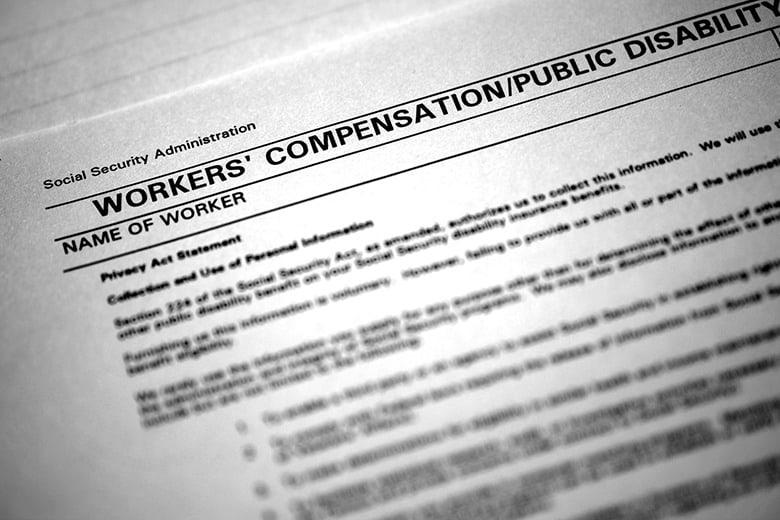Generally, workers’ compensation has the right to direct medical care when they have accepted compensability for the specific part of your body, always subject to supervision by the North Carolina Industrial Commission. But this right is not absolute.
Am I Entitled to A Second Opinion?
There are provisions to obtain a second opinion for treatment with another physician. Sometimes you can simply call the adjuster and give them the name of another doctor from whom you want to receive treatment. However,usually it is not that easy. The adjuster may want to keep control over what doctor you see for a second opinion for many reasons that are important to workers compensation. Sometimes there is common ground as to who you can see for a second opinion, sometimes it is highly disputed. Sometimes the doctor you want to see does not want to treat workers compensation claimants, or, after reviewing your medical records, may not feel that they have anything to offer you. GS 97-25(b) sets out the provisions for a second opinion at workers’ compensation’s expense. Note that there is a 14-day notice requirement for a second opinion request, which will be even more significant if you would like to change providers. There are times when it may be advantageous to pay for the second opinion yourself. If there is a dispute between your treating doctor and the recommendations of the second opinion, the Industrial Commission always has the authority to decide who will be authorized to provide further treatment.
If the treatment that the workers compensation doctor is providing is no longer effective, or after talking with the doctor and sharing your concerns, you are still having a real problem with the recommended care, you probably should seek a second opinion. Especially when it comes to invasive treatment such as surgery.
Most doctors won’t operate on unwilling patients for obvious reasons. The general rule is that where the surgery is of serious magnitude and risk, involves much pain and suffering and is of uncertain benefit, the refusal of the claimant to undergo surgery is reasonable and will not prejudice the claim. Watkins v. City of Asheville, 99 N.C. App. 302, 304, 392 S.E.2d 753, 756 (1990). That is not to say, however, that you can simply refuse surgery and there not be any consequences of push-back from workers compensation. It gets complicated.
Generally, there needs to be a good reason to refuse diagnostic testing, physical or occupational therapy, medications, or interventional pain management procedures such as nerve blocks. If you refuse these, workers compensation may seek an order with the NC Industrial Commission to compel you to comply with the treatment. You will get a chance to explain your position. If the Industrial Commission Orders you to comply with treatment, your checks may be jeopardized during the time you refuse the treatment,
If you are uncomfortable or feeling insecure about the care that is being provided by workers compensation, and especially if your case is serious enough to require surgery, you should consult with an experienced workers compensation attorney to help you make informed decisions about your case.

